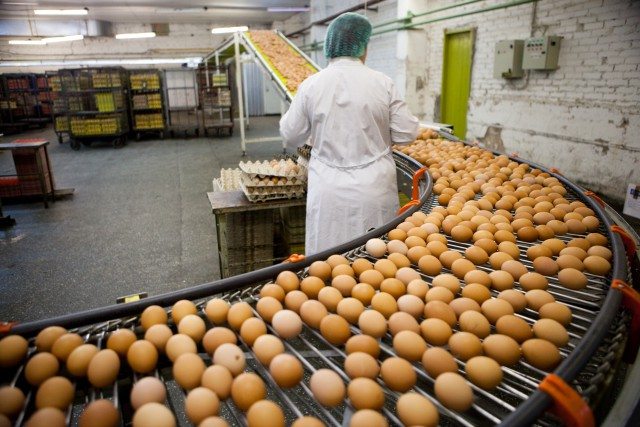The Institute for Global Food Security at Queen’s University Belfast will lead one of the world’s largest food safety projects across Europe and China.
The European Horizon 2020 program and Chinese Ministry of Science and Technology (MOST) program have awarded €10 million (US$11.2 million) towards an EU-China partnership to improve food safety and tackle food fraud.
The EU-China-Safe project will involve key players in the food industry, research organizations and Governments across two of the world’s largest trading areas.
Food fraud manifests itself in many ways, from horse meat labelled and sold as beef, as was the case in Europe in 2013, to illicit oil which saw slaughterhouse waste and sewage used in cooking oil, known as the 2014 ‘gutter oil’ scandal in China.
EU-China-Safe will reduce food fraud and improve food safety through focusing on improving food legislation, food inspection and increasing access to information across both continents.
Technologies including a virtual laboratory will create a unique space to share and demonstrate best practice.
The use of innovative technologies will result in improved detection of adulteration of food products as well as increased traceability and transparency of global supply chains.
Reported instances of food fraud are on the increase and occur on a global scale, worth an estimated US$52 billion globally each year.
Food fraud is a global issue demanding a global response.
The increasingly complex global food supply network increases the risks of serious food borne illness.
“Working together as a coalition of 33 partners to share knowledge and maximize our technologies will empower the food industry to provide safer, authentic food and will boost consumers’ confidence and ultimately facilitate the expansion of EU-China trade,” said Professor Elliott, pro-vice chancellor at Queen’s and project coordinator.
The partnership is made up of 33 partners, including 15 in the EU and 18 in China.










